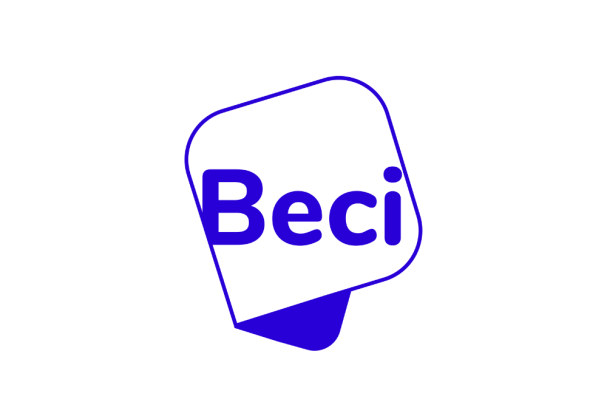It happens to the best of us: small mistakes sometimes have major consequences. That is why you should get insurance as a self-employed professional or entrepreneur. Business operations won’t be jeopardized as a result and you will avoid damage claims from third parties.
Civil liability insurance covering fire and explosion
Compulsory insurance
Many businesses that are publicly accessible must take out fire and explosion insurance. The ordinary fire insurance or business civil liability insurance are not enough.
Here are a few examples: retailers (> 1000m2); restaurants, chippers and bars (> 50m2); office buildings (> 500m2), discotheques, sports halls, hotels and youth hostels. For a full list of establishments subject to this regulation, view the Royal Decree of 28 February 1991 in Dutch or French. When in doubt, contact your municipality’s technical department.
What does the insurance entail?
The manager of a public space is automatically liable in the event of a fire or explosion. This insurance covers physical injury and material damage to third parties, for the people who are inside and outside the building.
Civil liability insurance for business operations (optional)
Business civil liability insurance
In the performance of your activities as a self-employed professional or entrepreneur, third parties may suffer material and/or immaterial damages and/or physical injury. This insurance covers the costs that may arise from these claims.
Here are some examples:
- A roofer drops a roof tile on a car.
- A customer trips on a loose cable in your shop.
- An employee damages a piece of furniture at your customer.
After delivery civil liability insurance
This cover is a supplementary policy to the business civil liability insurance. It compensates damage to third parties after the execution of the work or after the delivery of your product.
Here are some examples:
- A week after you connect a customer’s fuse box, it causes a fire.
- You sell fish and one of your customers gets food poisoning.
Civil liability insurance for entrusted goods
This optional insurance is interesting in the event that you may damage goods that a customer has entrusted to you. This way you are covered from the moment you receive the goods until you return them.
Here are some examples:
- A mechanic damages the car he had to repair.
- A plumber breaks the bath he is fitting.
Legal assistance (optional)
Even though these examples of civil liability seem quite clear-cut, in practice, determining who bears the liability in certain claims or the extent of the damage is not always simple. For this, any self-employed professional or entrepreneur can take out legal assistance insurance. This insurance gives you legal advice and covers your costs in case of legal disputes with suppliers or customers if no amicable settlement is possible.
Profession liability insurance
For many liberal and intellectual professions, taking out professional liability insurance is ethically or legally required: lawyers, architects, physicians, surveyors, travel organisers, bookkeepers, accountants, etc.
Just like the business civil liability insurance, this policy covers the material and immaterial damage, as well as the physical injury sustained by third parties. But it goes one step further: professional liability insurance covers not only the so-called extra-contractual liability but also the contractual liability.
Here are some examples:
- An architect forgets to take into account certain urban planning obligations.
- A lawyer fails to submit a vital document, as a result of which he loses your case.
Conclusion
Covering yourself against all possible forms of liability can become a costly undertaking. You should, therefore, start with (optional) compulsory insurance such as professional liability and civil liability insurance for fire and explosion. Decide for yourself which optional cover offers you more protection.
Who can help me ?

